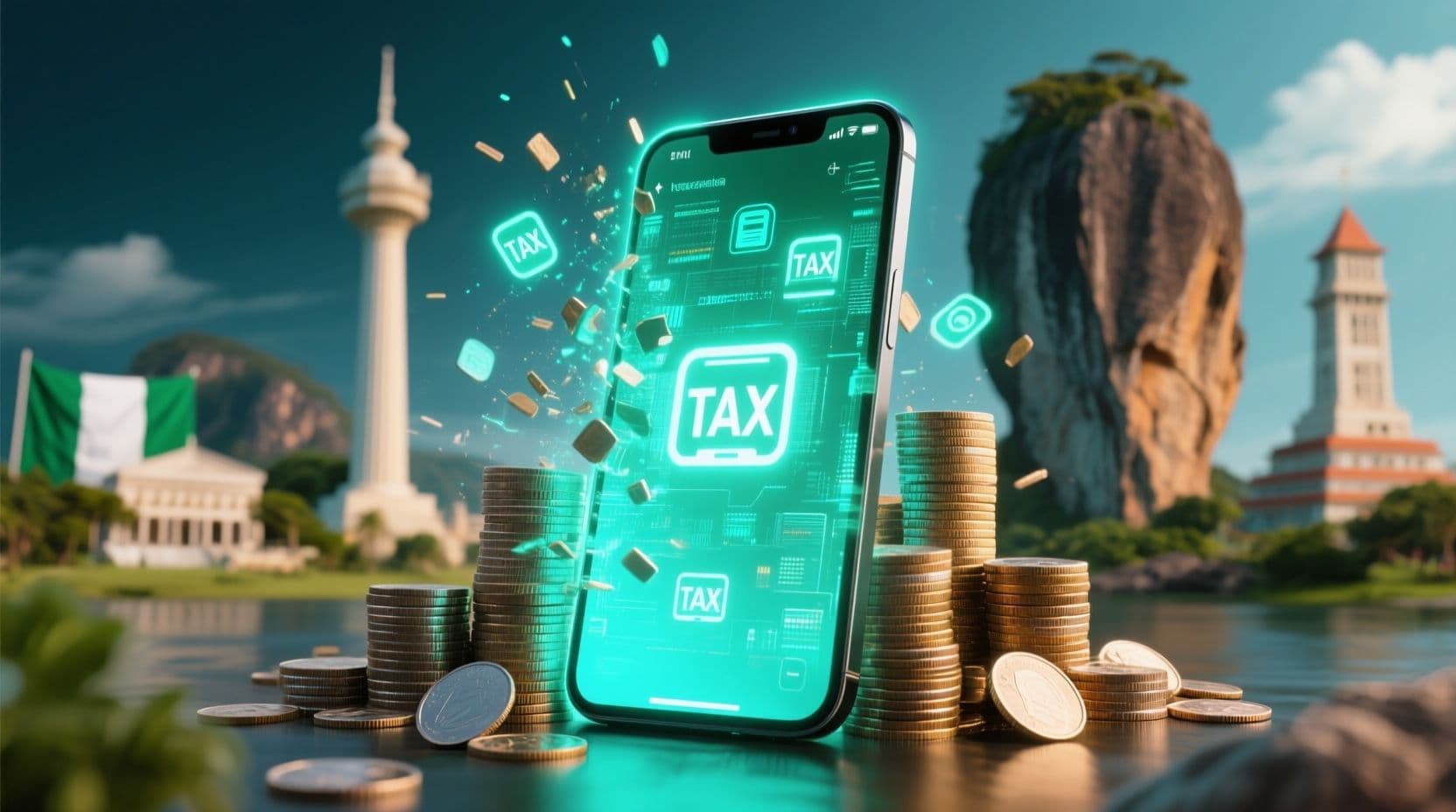The Big Picture
Nigeria's tax landscape is getting a major makeover, and it's happening faster than you can say "digital transformation." The country's ambitious 2025 tax reforms are starting to show real teeth, with telecom operators getting relief from a jaw-dropping 39 separate levies while businesses scramble to understand the new e-invoicing requirements. It's the kind of sweeping change that could either unlock Nigeria's economic potential or create short-term headaches for everyone involved. For a deeper understanding of the evolving tax framework in Nigeria, check out Introduction To Nigerian Tax Laws.
The Telecom Relief Story
Here's where things get interesting. The Presidential Fiscal Policy and Tax Reforms Committee (PFPTRC) just delivered what might be the biggest Christmas gift to Nigeria's telecom sector,ever. Businessday NG reports that 26 state-level and 13 local government levies are getting the axe, leaving operators to deal with just the 12 statutory federal taxes instead of navigating what one industry insider called "a fragmented web of federal, state, and local government" demands.
The math is simple but the impact is huge: fewer levies mean lower operational costs, which should translate into better investment flows and expanded network coverage. For a sector that's been the backbone of Nigeria's digital economy push, this move couldn't come at a better time. The committee is targeting "a full harmonisation" that could restore investor confidence in Nigeria's digital economy,something that's been in short supply lately.
The E-Invoicing Scramble
Meanwhile, the Federal Inland Revenue Service (FIRS) is rolling out its electronic invoicing system, though not without some growing pains. TechAfrica News reveals that the e-invoicing solution is initially targeting large taxpayers, with about 20% of eligible firms already beginning integration. That might sound impressive, but it also means 80% are still figuring things out.
The good news? FIRS listened to the market's concerns. KPMG Nigeria reports that the compliance deadline has been pushed from August 1 to November 1, 2025, citing "operational challenges" and a desire to improve voluntary compliance. Translation: even the tax authority recognized that rushing this rollout could backfire spectacularly. For additional guidance on navigating these new requirements, our Tax Help, Resources & Calculators for Nigeria (2025) offer useful insights.
Why It Matters
The telecom levy cuts aren't just about making life easier for MTN and Airtel,they're about signaling to international investors that Nigeria is serious about creating a business-friendly environment. When you consider that telecom infrastructure is foundational to everything from fintech to e-commerce, removing 39 layers of bureaucratic friction could have ripple effects across the entire economy.
The e-invoicing push, while causing short-term anxiety, represents Nigeria's attempt to join the global trend toward digital tax administration. Countries like Brazil and Mexico have seen significant improvements in tax compliance and revenue collection after implementing similar systems. The question is whether Nigeria can execute the transition smoothly enough to avoid disrupting business operations.
Around the Tax World
• Presidential oversight intensifies: President Tinubu has instructed the finance ministry to review revenue deduction practices by key agencies including Customs, FIRS, NNPC, and NUPRC, signaling a push for greater transparency in government revenue management (TheCable).
• Foreign investors get clarity: New guidance on tax and repatriation strategies for foreign-owned Nigerian businesses addresses key obstacles to profit repatriation under the 2025 reforms, potentially making Nigeria more attractive to international capital (Mondaq).
• Business education ramps up: Multiple consulting firms are hosting seminars to help corporations navigate the 2025 Tax Reform Acts, with Stransact and NRS leading educational initiatives ahead of the January 2026 implementation.
• Compliance support expands: FIRS and consulting firms are conducting joint enlightenment forums for corporate taxpayers about the new tax regime and mandatory e-invoicing requirements (The Guardian Nigeria).
By the Numbers
39 levies eliminated for telecom operators,that's 26 state-level and 13 local government charges that will no longer burden an industry critical to Nigeria's digital transformation.
Looking Ahead
All eyes are now on November 1, when large taxpayers must be e-invoicing compliant, and January 2026, when the broader tax reform implementation kicks in. The telecom sector's relief could serve as a template for other industries lobbying for similar treatment. Whether Nigeria can execute this ambitious reform agenda without major disruptions will largely determine if these changes unlock the economic growth everyone's hoping for. For a broader perspective on the reforms and what they mean for the business community, check out Nigeria’s 2025 Tax Reforms Accelerate: ADR Roadmap, Compliance Push & Digital Tools.
Prepared by MyTax - mytax.com.ng
